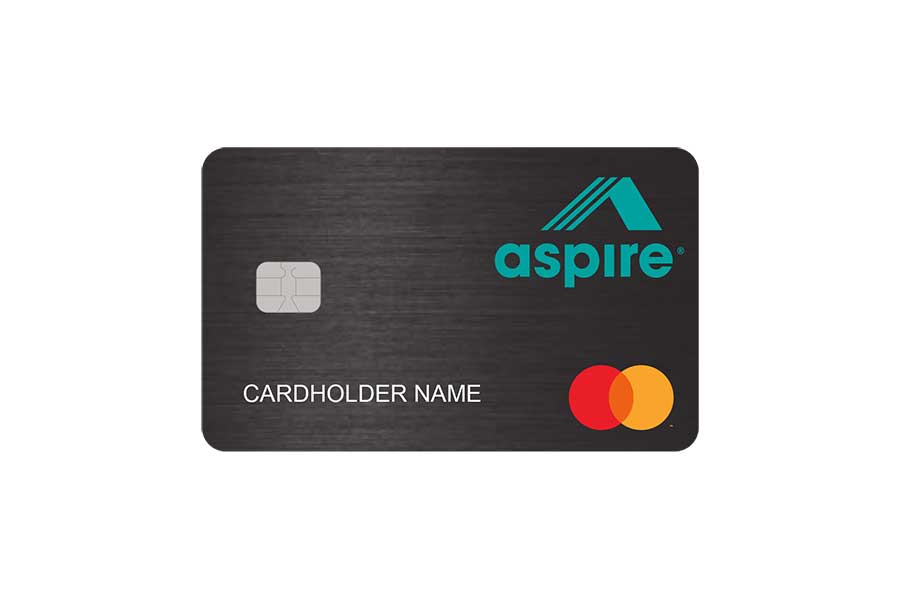When you apply for a mortgage, your credit score is one of the first things lenders check. But not all credit scores are the same. Mortgage lenders use specific versions of FICO scores—older models you won’t usually see on credit apps or bank dashboards.

Knowing which credit scores they pull, and how they use them, can help you spot problems early, improve your odds of approval, and get a lower interest rate. Here’s what you need to know to prepare.
Key Takeaways
- Mortgage lenders use FICO Score models 2, 4, and 5 from Experian, TransUnion, and Equifax. They typically go with your middle score, or the lower middle score if you’re applying jointly.
- Credit factors that matter include payment history, credit utilization, credit age, recent inquiries, and debt-to-income ratio. A mix of credit types and a DTI under 43% can help your odds.
- Lenders also review bank statements, pay stubs, and tax returns. Fannie Mae and Freddie Mac are testing newer scoring models that could expand access in the future.
The Credit Scores Lenders Actually Use for Mortgages
Mortgage lenders don’t use the credit scores you see on free credit apps. Instead, they pull your credit from all three major credit bureaus—Experian, TransUnion, and Equifax—using older, mortgage-specific versions of the FICO score.
Here’s what they use:
- Experian: FICO Score 2
- Equifax: FICO Score 5 (also called Beacon 5)
- TransUnion: FICO Score 4
Lenders typically order a “tri-merge” credit report that includes all three scores. If you’re applying solo, they use the middle score. If you’re applying with a co-borrower, they use the lower of both middle scores.
How Your Credit Score Affects Your Mortgage Rate
Your credit score has a direct impact on your mortgage rate. The higher your score, the lower the risk to the lender—and the lower your interest rate.
Here’s a simplified example of how scores affect rates on a 30-year fixed mortgage:
| Credit Score | Estimated Rate | Monthly Payment (on $300,000) |
|---|---|---|
| 760+ | 6.25% | $1,847 |
| 700–759 | 6.50% | $1,896 |
| 660–699 | 6.75% | $1,946 |
| 620–659 | 7.25% | $2,047 |
Even a small difference in your score can cost you hundreds of dollars a month—or save you just as much.
What Mortgage Lenders Look for in Your Credit Score
Your credit score isn’t just a single number. It’s built from several factors, and lenders pay close attention to each one:
- Payment history: The most important factor. Late or missed payments will hurt your credit score—and your approval chances.
- Credit utilization: How much of your available credit you’re using. Under 30% is ideal.
- Length of credit history: Longer is better. It shows lenders you have experience managing credit.
- Credit mix: A healthy mix of loans and credit cards can help, but it’s not worth opening new accounts just for variety.
- Recent credit inquiries: Too many hard pulls in a short period can lower your score and raise red flags.
All of these elements shape how lenders view you as a borrower—and what kind of loan terms they’re willing to offer. If you’re new to credit, consider becoming an authorized user on a family member’s account or opening a secured credit card to establish a credit.
See also: Does Buying a House Hurt Your Credit?
What Is a Good Credit Score for a Mortgage
Most lenders consider anything above 740 a good credit score for a mortgage. That usually gets you access to the best rates and loan terms.
That said, the minimum credit score depends on the loan type:
- FHA loans: You typically need at least 580 to qualify with a 3.5% down payment. Some FHA lenders may approve lower scores, but it often requires a larger down payment.
- Conventional loans: Most lenders look for at least 620. A higher credit score can help you avoid higher interest rates or private mortgage insurance.
- VA loans: There’s no official minimum from the VA, but most lenders want to see a credit score of 620 or higher.
Even a small improvement in your credit score can save you thousands over the life of a mortgage, so it’s worth checking where you stand before you apply.
See also: FHA vs. Conventional Loan: Which One is Right for You?
Why Debt-to-Income Ratio Matters
Your debt-to-income ratio, or DTI, is a key part of your mortgage application. It shows lenders how much of your income goes toward debt each month.
To calculate it, add up all your monthly debt payments—credit cards, auto loans, student loans, and the projected mortgage—and divide that by your gross monthly income. Multiply by 100 to get your DTI percentage.
Most lenders want your DTI below 43%. Some may allow higher ratios, especially if your credit score is strong or you have cash reserves. A lower DTI means more flexibility, fewer conditions, and a smoother approval process.
Other Things Lenders Check Besides Your Credit Score
A strong credit score helps, but it’s not the only thing lenders care about. They also want to see that your finances are stable and your income is reliable.
Here’s what they usually review:
- Bank statements – to check cash reserves and recent spending habits
- Pay stubs – to verify current income and job consistency
- Tax returns – to confirm income history, especially if you’re self-employed
- Employment history – to make sure your income is steady
Some lenders also look at rental payment history or assets like retirement accounts. The goal is to get the full picture of your finances—not just your credit score.
FICO vs. VantageScore Models
You might see your credit score through apps that show VantageScore, but most mortgage lenders don’t use that model. They typically stick with older versions of the FICO credit score, which weigh certain factors differently.
Both scoring models use the same core data—payment history, credit utilization, credit age, mix of accounts, and inquiries—but calculate the results differently. This can lead to a 20-40 point swing between the two.
If you’re preparing for a mortgage, always check your FICO credit scores, especially from the three major credit bureaus.
Future Changes to Mortgage Credit Scoring
Fannie Mae and Freddie Mac are testing new credit scoring models, including FICO 10T and VantageScore 4.0. These newer models aim to be more predictive and inclusive.
FICO 10T includes trended data, which looks at your payment behavior over time—not just your current balance. VantageScore 4.0 uses machine learning and pulls from newer data sources, potentially helping people with thin credit files.
If these models are officially adopted, more borrowers may qualify for better loans—but for now, mortgage lenders still use the older FICO credit score versions.
How to Improve Your Credit Score Before Applying
Improving your credit score before applying for a mortgage can save you money and expand your loan options. Here’s where to start:
- Check your credit score – Use a source that shows your FICO credit score, not just VantageScore.
- Review your credit report – Get your free credit report from all three credit bureaus and dispute any errors.
- Pay bills on time – Set up reminders or autopay to avoid missed payments.
- Lower your credit card balances – Keep credit utilization below 30%, ideally under 10%.
- Hold off on new credit – Avoid opening new accounts in the months before you apply.
- Keep old accounts open – A longer credit history works in your favor.
Small changes now can have a big impact when lenders check your credit.
Final Thoughts
Mortgage lenders use specific FICO credit score models—and they care most about your middle score. The higher that number, the better your rate.
But your credit score is just one part of the equation. Lenders also review your income, debt, and overall financial picture. Clean up your credit, lower your debt-to-income ratio, and double-check your credit reports for errors before you apply.
Then, compare mortgage lenders to see who offers the best terms based on your credit profile. A little prep now could mean serious savings for years to come.




